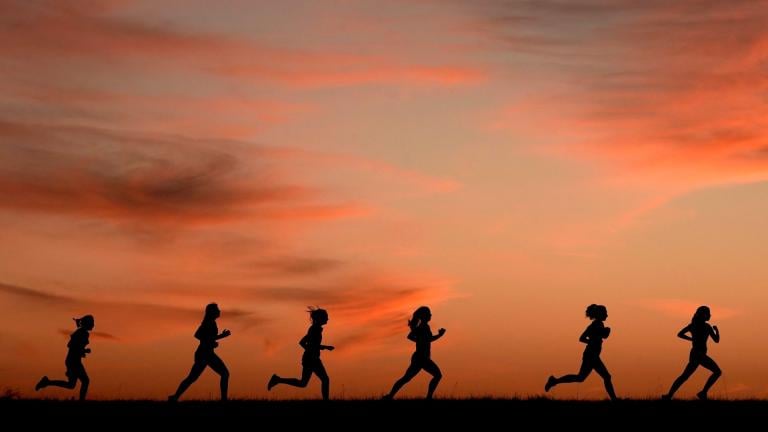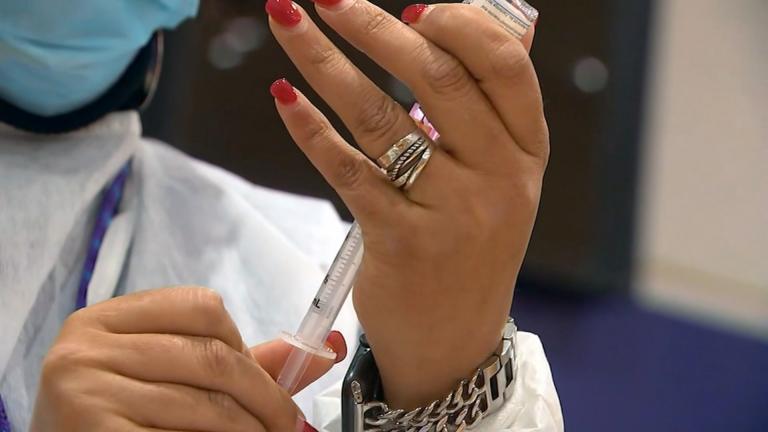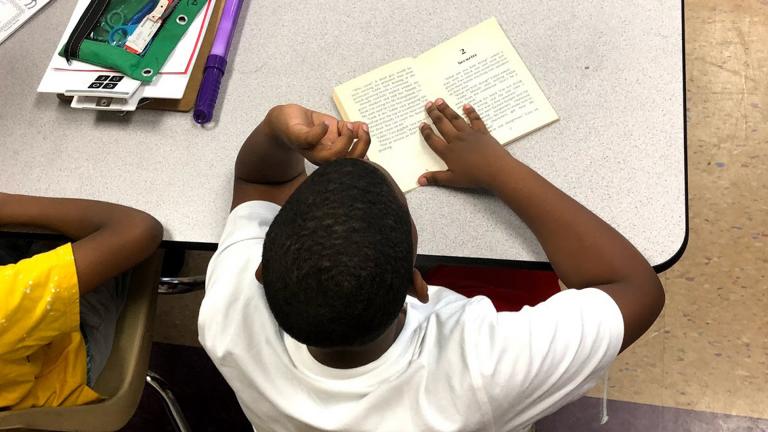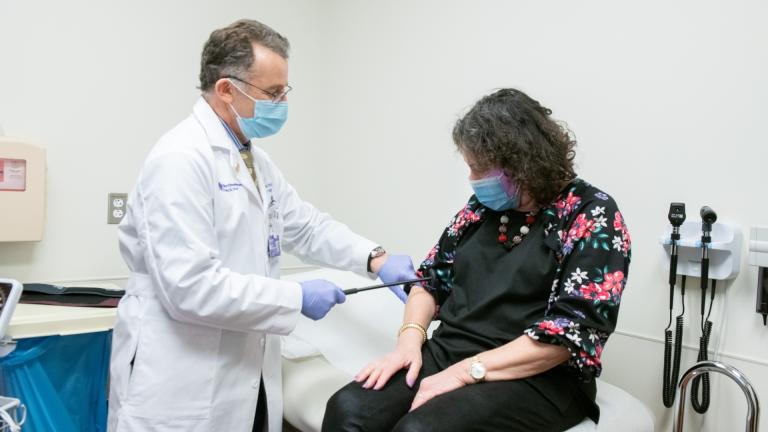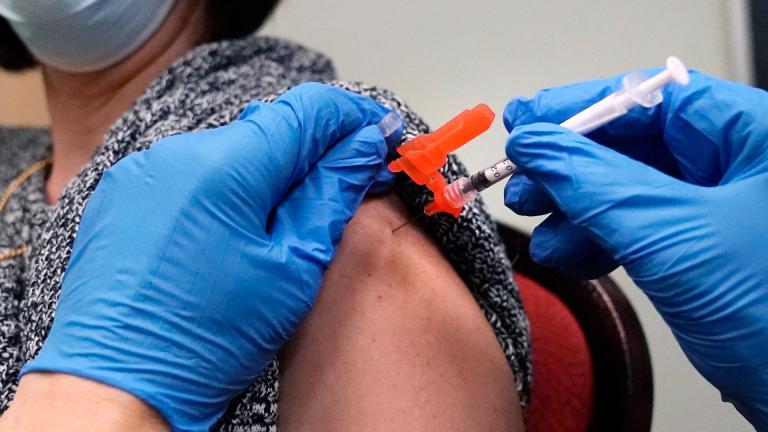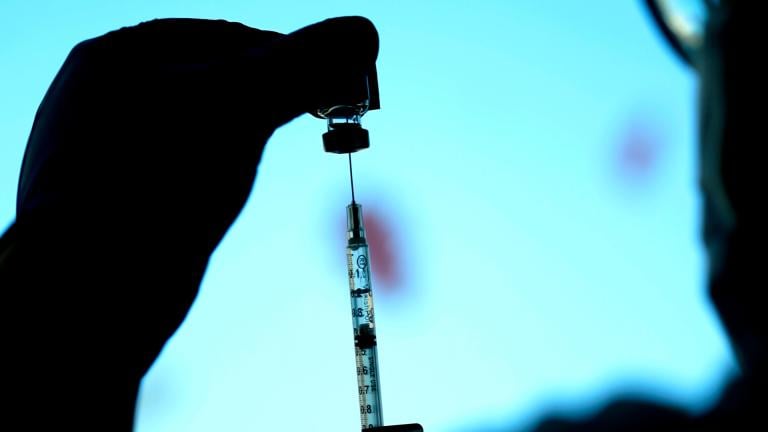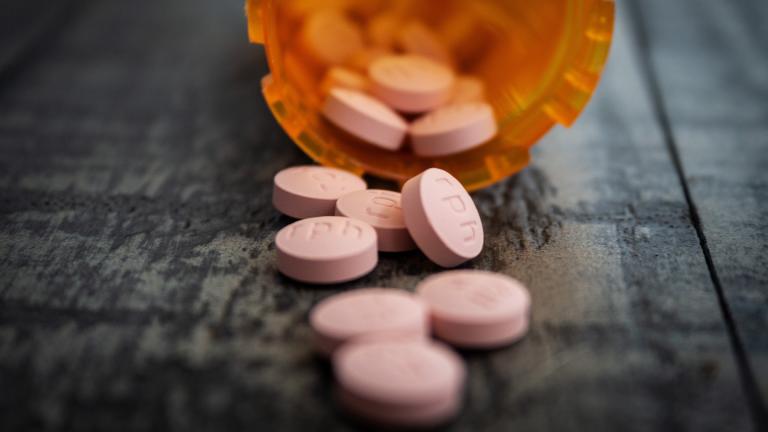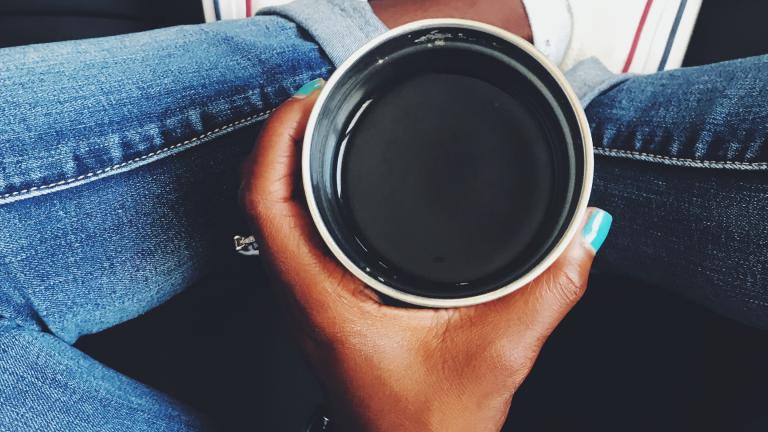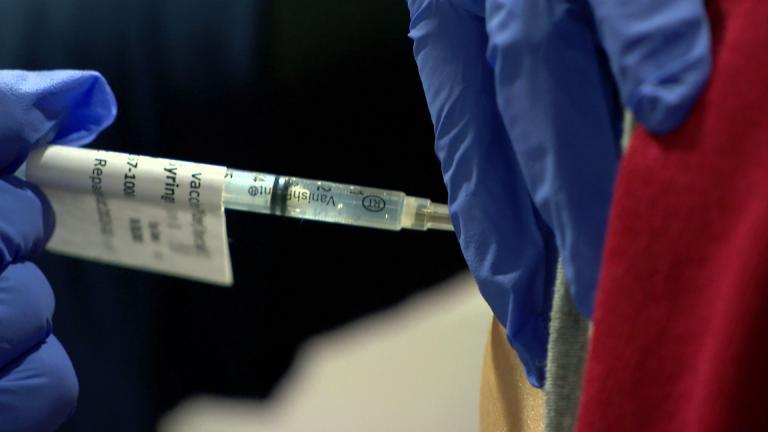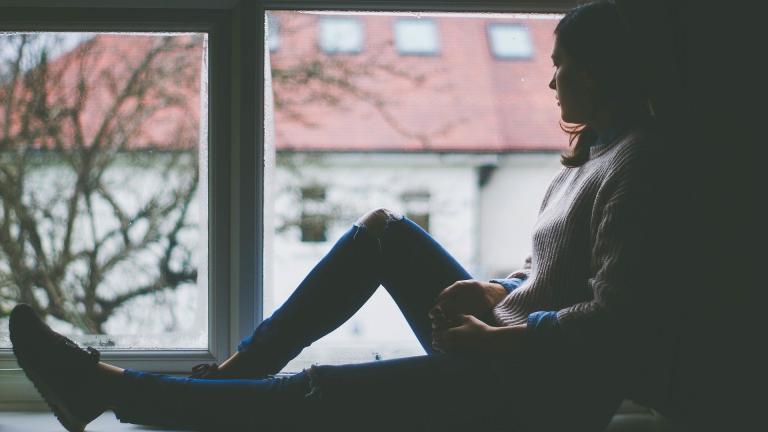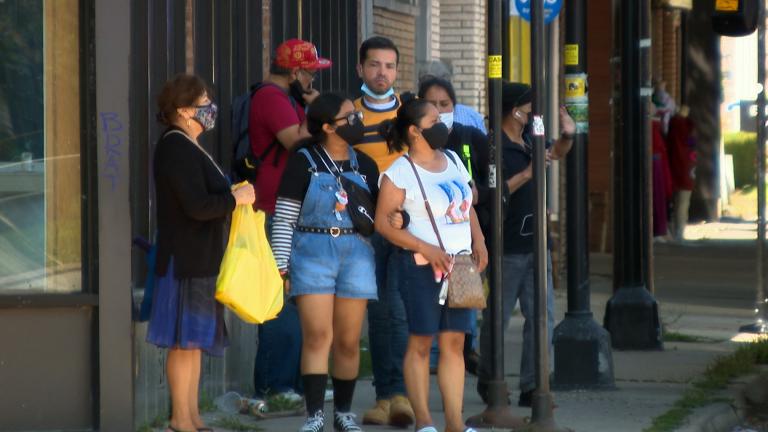New research hints that even a simple exercise routine just might help older Americans with mild memory problems.
Study
After noticing changes in their menstrual cycles after getting a COVID-19 vaccine, a pair of researchers surveyed others about their experiences. A new analysis of over 35,000 responses finds many experienced changes to their periods, including unexpected bleeding.
More than 30 years ago, a group of Northwestern University medical students started a youth development program with the goal of improving the lives of children living in poverty. New research finds one such program that provided youth with long-term support is associated with reduced poverty in early adult life.
A new Northwestern Medicine study of 52 long haulers, who were not hospitalized and only experienced mild symptoms like cough and sore throat, found that most continued to experience neurologic symptoms, fatigue and compromised quality of life up to 18 months after initial infection.
Nearly 40 cities across the country are recruiting 4,000 young adults ages 25-35 to participate in a study that will track and analyze their lung health over their lifetime to better understand how environment, lifestyle and physical activity impact respiratory health.
Why do some people experience long-term effects after having COVID-19? And what can be done to speed recovery and prevent it? Researchers at the University of Illinois Chicago are part of a national effort to answer those questions and more.
An early look at the performance of COVID-19 booster shots during the recent omicron wave in the U.S. showed a decline in effectiveness against severe cases, though the shots still offered strong protection.
A new study has found cannabidiol or CBD can block COVID-19 infection in human cells and mice, but don’t rush out and buy products from your local dispensary. Here’s what you need to know about the study and where things stand with COVID-19 treatments.
The papers echo previous research — including studies in Germany, South Africa and the U.K. — indicating available vaccines are less effective against omicron than earlier versions of the coronavirus, but also that boosters significantly improve protection.
The number of Americans 55 and older who died from an opioid overdose surged 1,886% from a little over 500 deaths in 1999 to more than 10,000 deaths two decades later, according to a new report.
If the thought of drinking a caramel brownie iced coffee or peppermint mocha latte sounds like a punishment, you might be a coffee snob or, according to a new study, a preference for bitter cups of plain black joe just might be in your DNA.
A new study shows that vaccination against a coronavirus or a previous infection can provide protection against other viruses in that same family – and it shows that generic vaccines could be developed to protect against future viruses.
A new Northwestern Medicine study has found increased stress during the early months of the COVID-19 pandemic was associated with irregularities in menstrual cycles.
Research suggests vision problems increased among Chinese schoolchildren during pandemic restrictions and online learning, and eye specialists think the same may have happened in U.S. kids.
Ten years after the 9/11 attacks, Americans were reasonably positive about the state of their rights and liberties. Today, after 20 years, not as much.
A new study suggests large, urban environments promote lower rates of depression among city residents, in comparison to suburbs and towns, due to the increased daily social interaction cities and the built environment facilitate.

